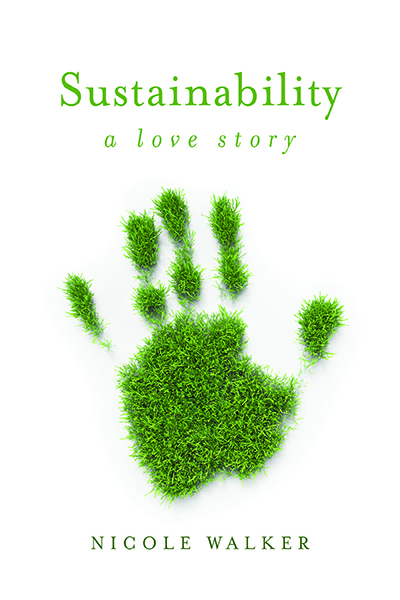Nora Caplan-Bricker, "Preservation Acts: Towards an Ethical Archive of the Web,"
Harper's, vo. 337 no. 2023, Dec 2018, pp.59-63.
After eighteen-year-old Michael Brown was shot and killed by a police officer in Ferguson, Missouri, Bergis Jules found himself worrying not only over the horrors of the present, but also over how little of the present was likely to be preserved for the future. The best reporting on the aftermath in Ferguson was being produced by activists on Twitter, a notoriously ephemeral medium. Jules, then an archivist at the University of California, Riverside, had the impulse to start saving tweets but wasn't sure how. "That whole weekend, watching things unfold, I thought, 'This is a really amazing historical moment; we should think about capturing it,' but I was just talking to myself," he says. The following week, attending a Society of American Archivists conference in Washington D.C., he voiced his fears en route to drinks at the hotel bar. He caught the ear of Ed Summers, a developer who just so happened to be the author of a Twitter archiving tool-- and who promptly programmed it to vacuum up #Ferguson tweets. Within two weeks, he had amassed more than 13 million.
COMMENT
The Internet is a real-time performance, not an archival medium. The fact that history unfolds on social media these days is a big problem for historic preservation. If you don't collect Tweets right away they disappear. But it's not as easy as just scraping websites. Not only are there serious privacy issues (the Department of Defense showed an unhealthy interest in the #Ferguson archive), trying to gather everything doesn't even create a useful database (the Library of Congress has tried and failed).
To some librarians and archivists, the Internet makes curation seem unnecessary. They argue that any human selection is inherently biased and that any decision to exclude information will create an information gap. This fear of missing something important can be so paralyzing that nothing at all is saved.
I've noticed is that there is nearly always a library information gap with regards to citizen activism. Libraries have collections of government publications but they don't necessarily have the citizen response to government policy because it's largely contained in born-digital gray literature and social media. The librarian perception is that the citizen response is biased, and so it is. But government publications are also biased by the views of whatever party is currently in control. Biased information is not necessarily bad or even wrong if you know the bias. When reference librarians ask the question, "who cares about this issue and why?" and lead patrons to search for activist gray literature the research strategy often takes off in an entirely different direction than the usual method of searching for journalism in books and articles.
What is an archivist to do? I think that Jules is on to something with the idea of curating an event-based collections, striving for more sound and less noise. One of the best such curated collections I've seen was published as a book,
We Are Wisconsin. [1] Editor Erica Sagrans reacted to an unfolding protest against Wisconsin Governor Scott Walker by selecting essays, blog posts and tweets compiled into a book that records a narrative the historic moment. Likewise, Jules contacted Ferguson activists for oral history interviews instead of trying to letting the collection of Tweets alone stand as the historical record.
Rather than worrying about saving every Tweet, librarians might do better to focus on saving a record of local citizen action groups and their concerns. Every library could have its own local version of the
Interference Archive in Brooklyn, NY.
[1] Erica Sagrans, ed. "We Are Wisconsin: The Wisconsin Uprising in the Words of the Activists, Writers, and Everyday Wisconsinites Who Made it Happen, Tasora Books, 2011)



